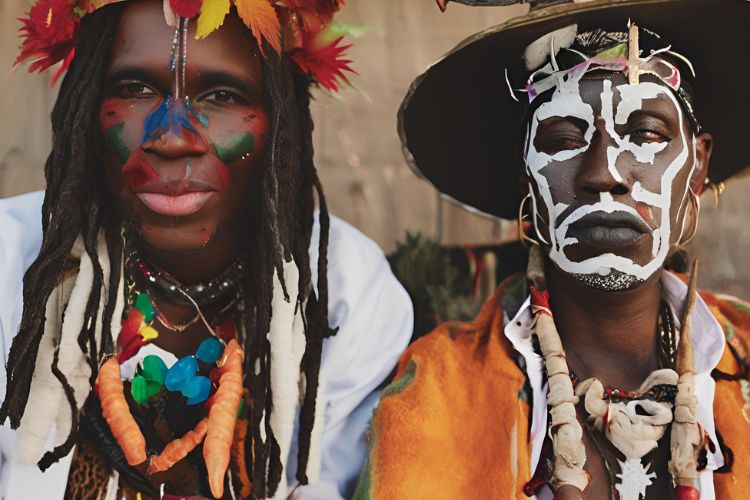Haitian Voodoo, also known as Vodou, is a complex and diverse spiritual tradition that has its roots in the African religious practices brought to Haiti by enslaved Africans. Central to the practice of Voodoo are its priests, known as Houngans and Mambos, who serve as intermediaries between the spirit world and the community. In this article, we will delve into the spiritual beliefs and practices of Haitian Voodoo priests, shedding light on their essential role in the Voodoo tradition.
The Role of Voodoo Priests in Haitian Society
Haitian Voodoo priests play a crucial role in their communities, serving as spiritual leaders, healers, and advisors. They are believed to have a direct connection to the spirit world and are responsible for maintaining balance and harmony between the physical and spiritual realms. Voodoo priests are highly respected and trusted members of the community, and their guidance is sought in matters ranging from health and relationships to business and legal disputes.
Initiation and Training
Becoming a Voodoo priest is not a decision taken lightly. It requires years of rigorous training, dedication, and commitment to the Voodoo spirits. Initiates undergo a series of rituals and ceremonies that are meant to connect them with the spirit world and impart the knowledge and skills necessary to serve as a priest. During this process, the initiate learns the intricacies of Voodoo rituals, spells, and ceremonies, as well as the secrets of communicating with the spirits.
Beliefs and Principles of Haitian Voodoo
At the core of Haitian Voodoo beliefs is the veneration of a pantheon of spirits known as Lwa. These spirits are believed to govern different aspects of life, such as love, fertility, wealth, and protection. Voodoo priests act as intermediaries between the community and the Lwa, facilitating communication and offerings to ensure the spirits’ favor and blessings. Central to Voodoo belief is the concept of reciprocity – devotees offer gifts and sacrifices to the spirits in exchange for their guidance and assistance.
Rituals and Ceremonies
Voodoo priests are responsible for conducting various rituals and ceremonies to honor the spirits and seek their favor. These rituals may involve drumming, chanting, dancing, and offerings of food, drink, and other items. Ceremonies such as the Voodoo ceremony of the Gede, which honors the spirits of the dead, or the cleansing ritual of the Bòkò, which removes negative energy, are central to Voodoo practice. Priests use their knowledge of herbs, spells, and charms to heal the sick, protect the vulnerable, and bring blessings to the community.
Conclusion
In conclusion, Haitian Voodoo priests play a vital role in preserving and perpetuating the rich spiritual tradition of Voodoo in Haiti. Their expertise, knowledge, and connection to the spirit world are essential in providing guidance, healing, and blessing to their communities. By understanding the beliefs and practices of Voodoo priests, we can gain a deeper appreciation for the profound spiritual heritage of Haiti and the enduring power of Voodoo in Haitian society.

